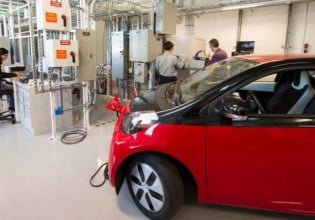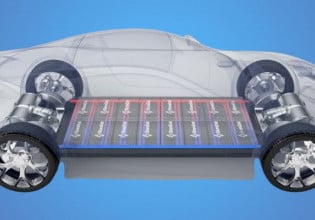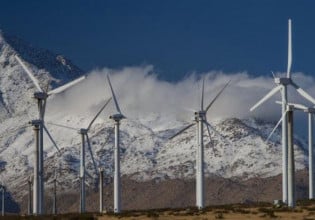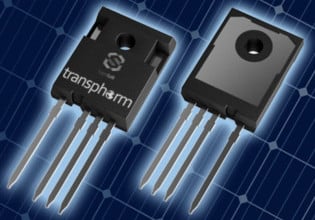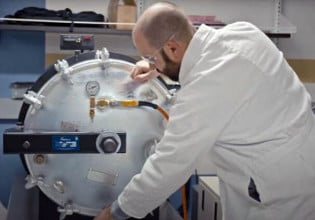Halla Visteon Climate Control Supports First Mass-Produced Fuel Cell Electric Vehicle
Halla Visteon Climate Control Corp. is supplying an array of technologies to support the world's first mass-produced hydrogen fuel cell electric vehicle manufactured by Hyundai Motor Group. Introduced in Europe in 2013, the ix35, also known as the Tucson, is slated for a limited U.S. distribution this spring. Products supplied by HVCC on the Tucson compact crossover SUV include a centrifugal air compressor, coolant heater, high-voltage cooling module and positive temperature coefficient (PTC) heater, and an HVAC system with an electric compressor.
The innovative centrifugal air compressor provides clean pressurized air to the fuel cell stack, which generates power to propel and operate the vehicle. The air compressor features a high-speed brushless DC motor with a patented, oil-free and angular ball bearing design. This air compressor technology is a finalist for the 2014 Automotive News PACE Award in the product innovation category. Winners of this prestigious award will be named in April.
"HVCC has a longstanding and successful relationship with Hyundai, and we are very pleased to contribute our innovations on the first fuel cell vehicle in mass production," said YH Park, president and CEO of HVCC, a majority-owned subsidiary of Visteon Corporation. "With technologies that help enable vehicles that emit zero emissions, HVCC is supporting its commitment to creating a better world through eco-friendly solutions."
Hyundai is prepared to bring its hydrogen-powered ix35 to California in the spring of this year. At a recent auto event in Washington, the automaker showed off its new fuel cell vehicle while also addressing issues concerning the challenges that fuel cells face in the world of transportation. Some of the most significant challenges that face fuel cells have to do with their high cost and the lack of an effective hydrogen fuel infrastructure. Hyundai suggests that the cost issue will be remedied with forthcoming generations of fuel cells vehicles, but infrastructure is still a problem that must be tackled.
Currently, much of the world lacks a hydrogen fuel infrastructure that would be capable of supporting the widespread launch of hydrogen fuel cars. As such, many automakers have been investing in the development of such an infrastructure in promising markets, such as California. Hyundai is one of the automakers that have been supporting infrastructure development, but the company is also taking steps to ensure that its new vehicle will reach consumers that are interested in hydrogen transportation.
In order to avoid the infrastructure issue, Hyundai will be making its new ix35 available through leasing programs. This is expected to reduce the number of people that drive the ix35, thereby displacing any strain that would be put on California’s still fledgling hydrogen fuel infrastructure. As the state’s infrastructure becomes more robust, Hyundai is expected to increase the availability of its fuel cell vehicle.


